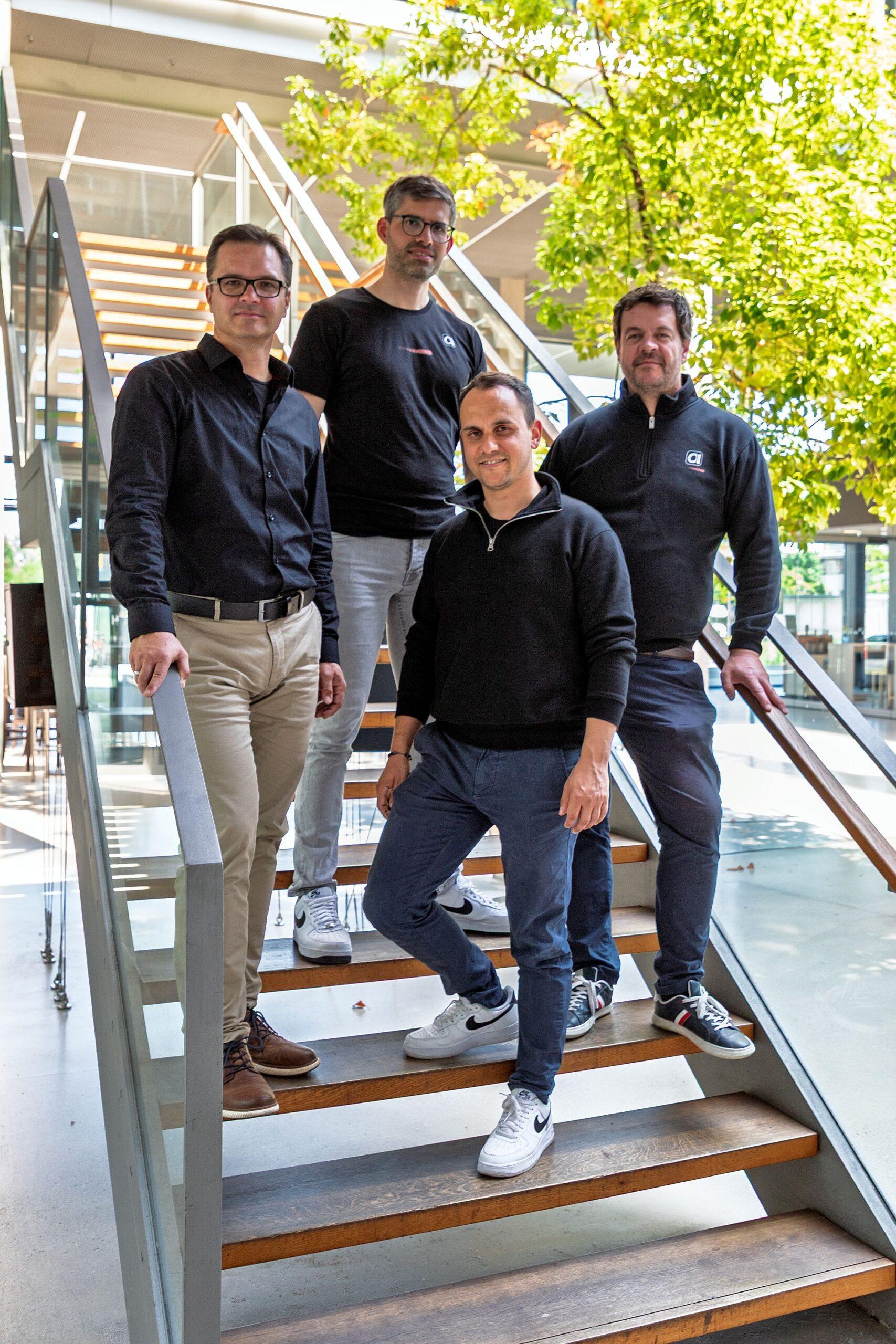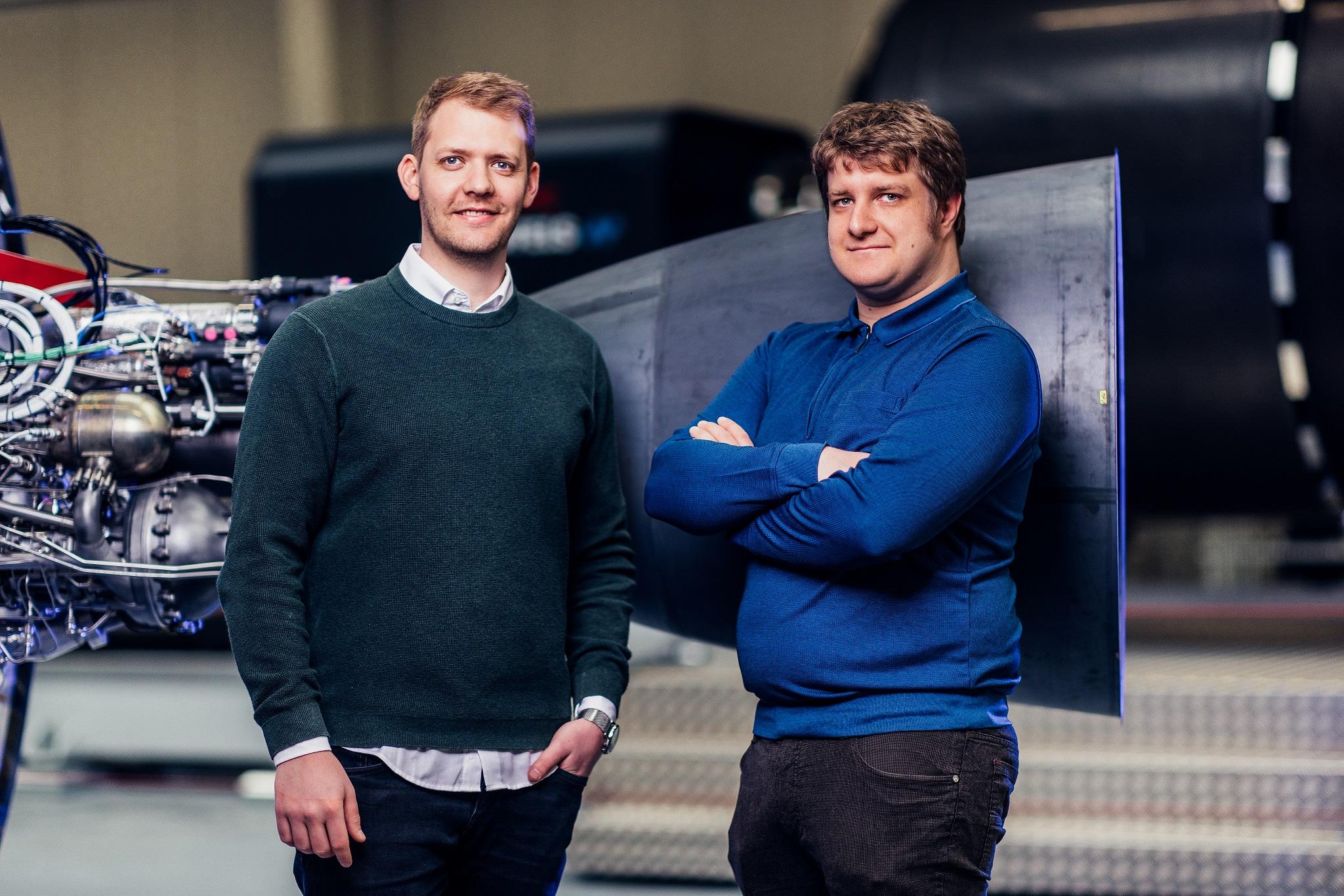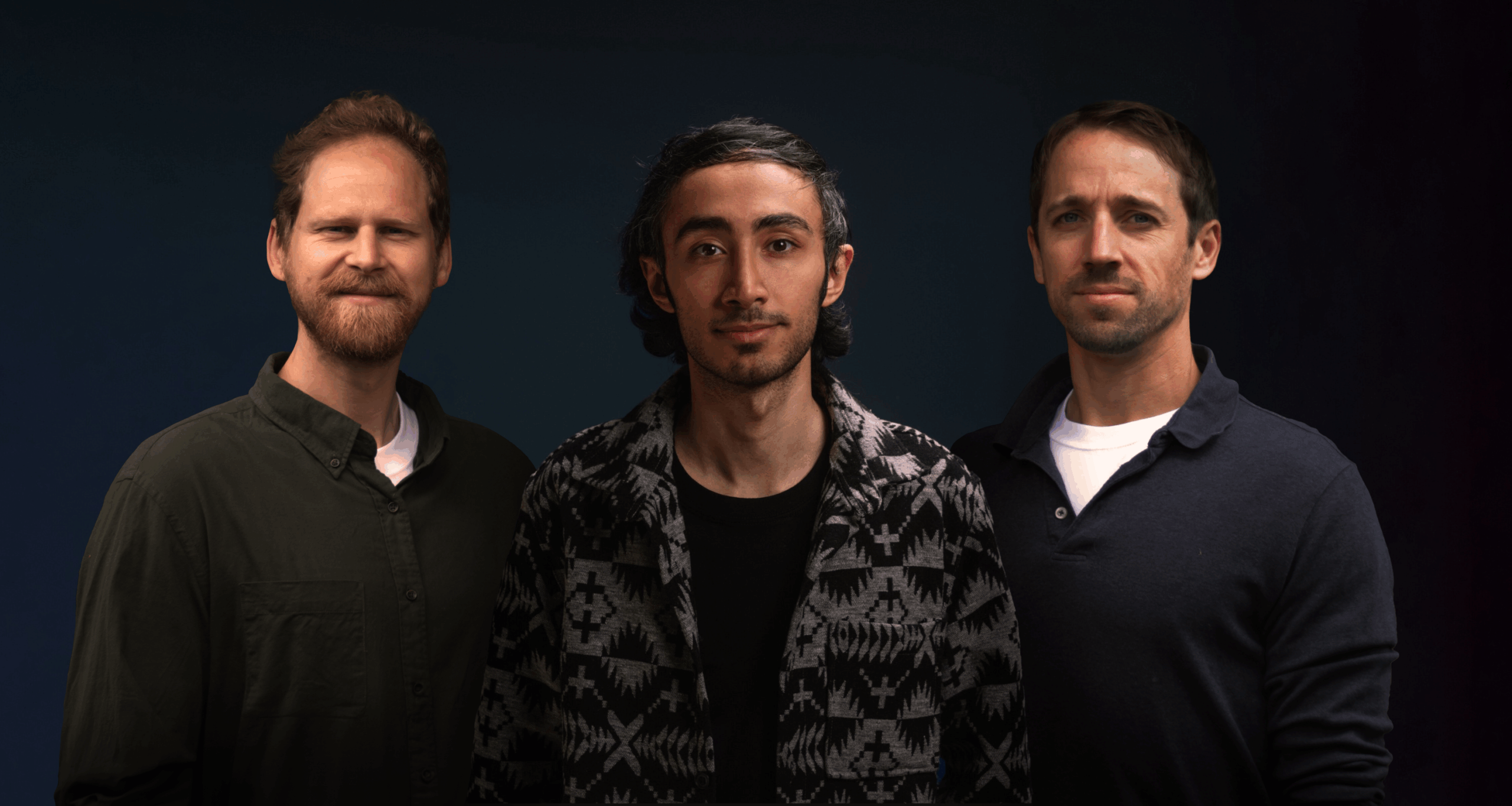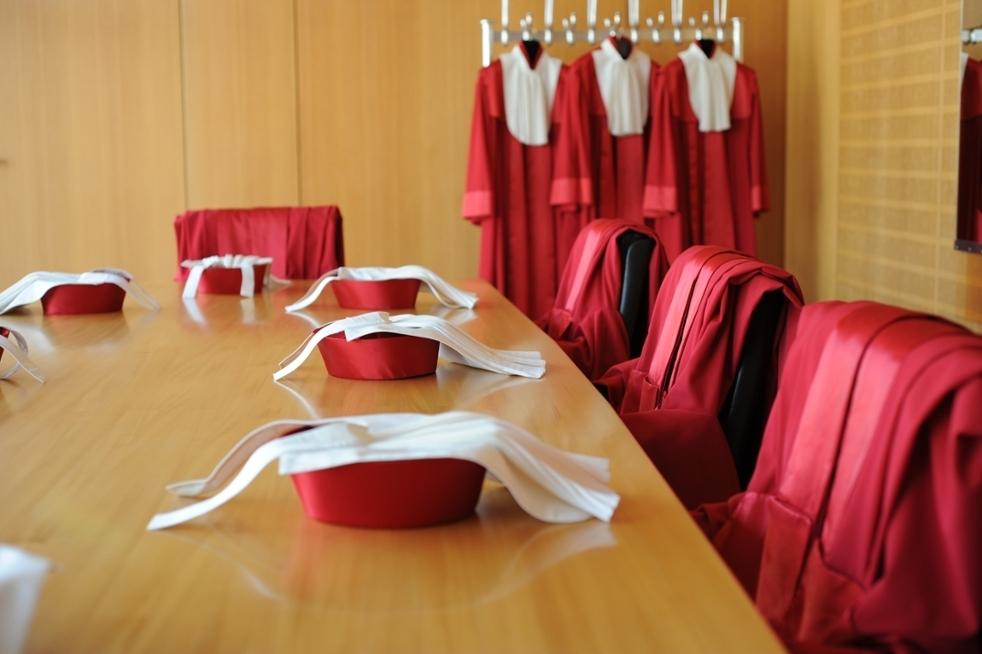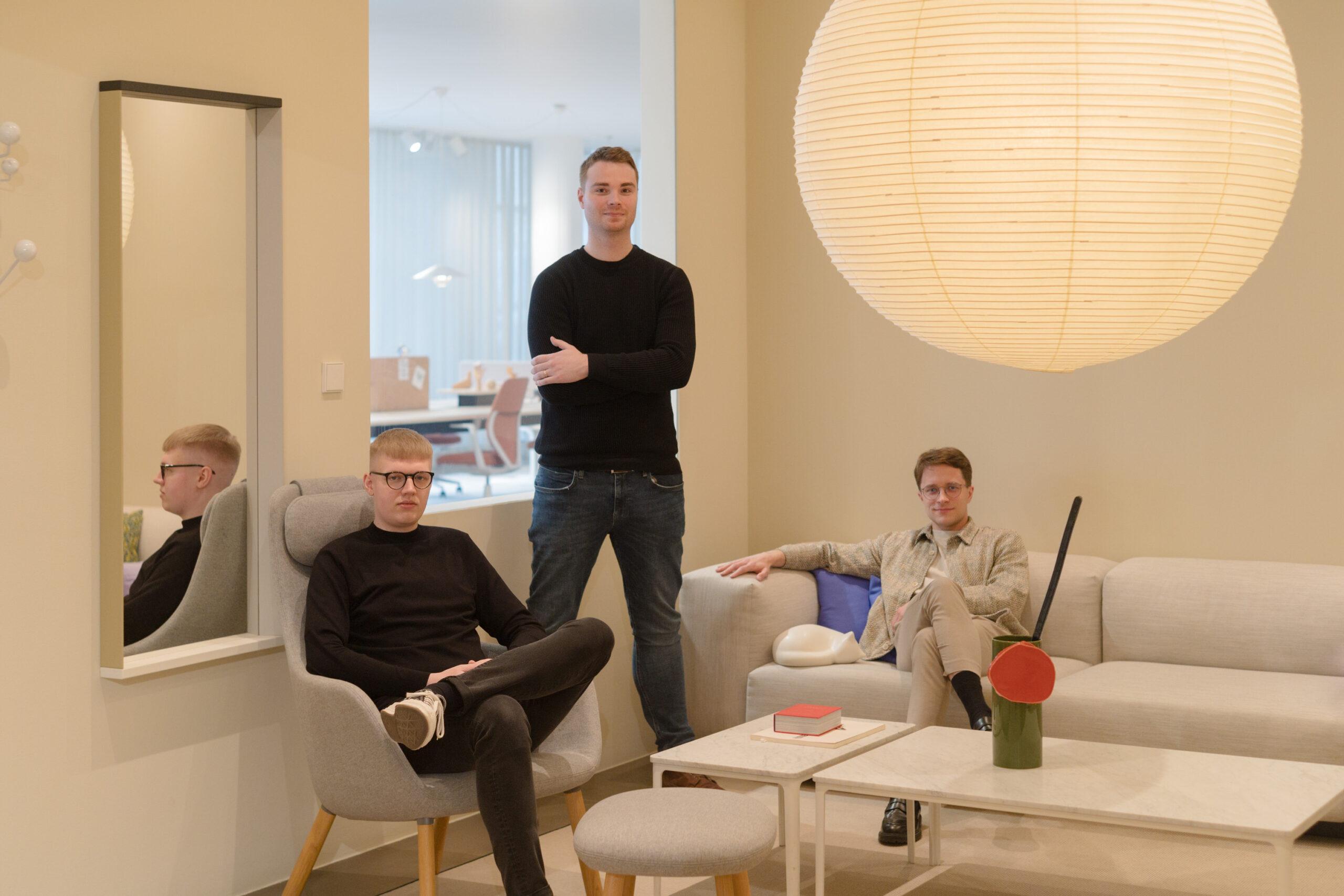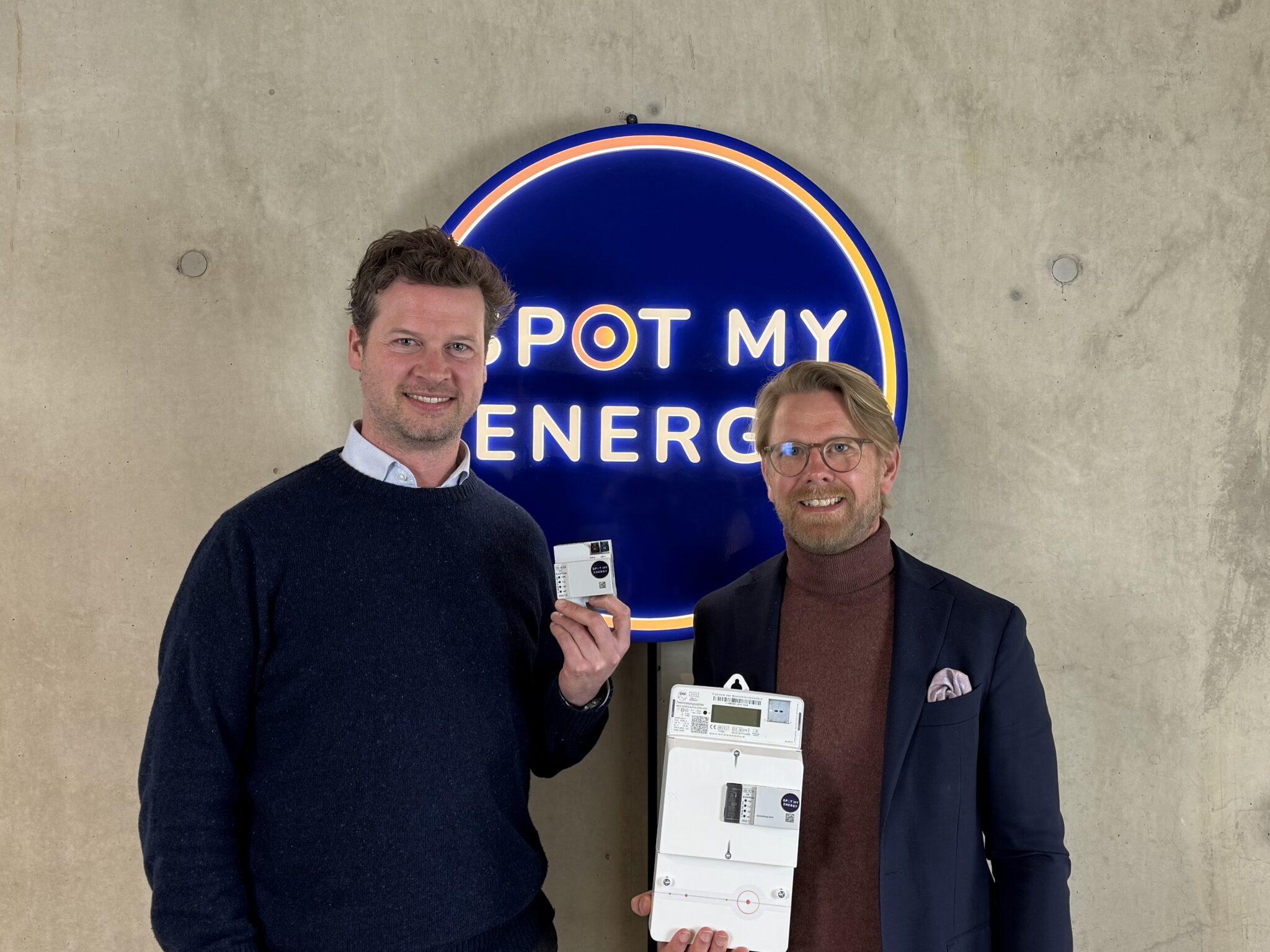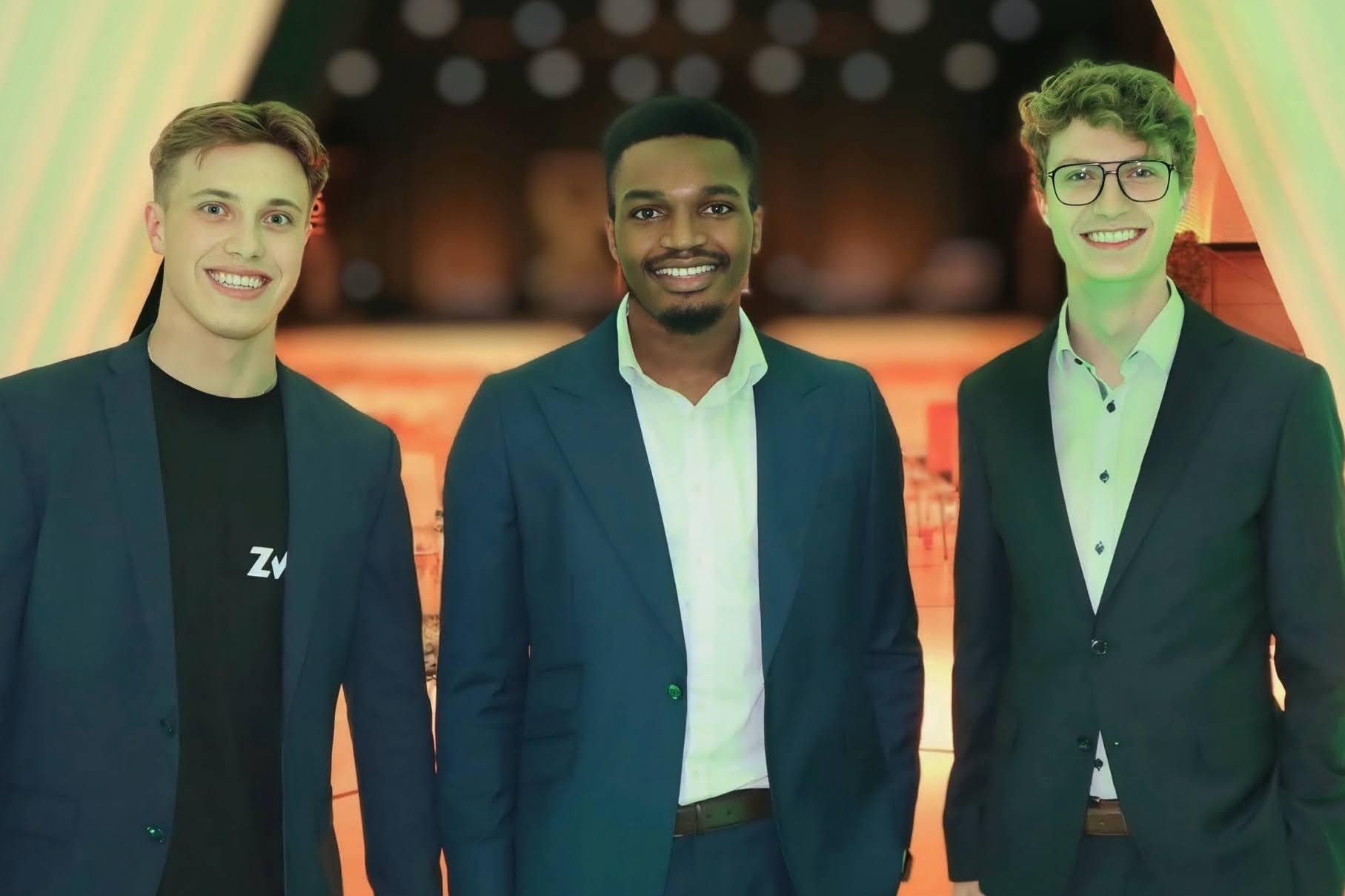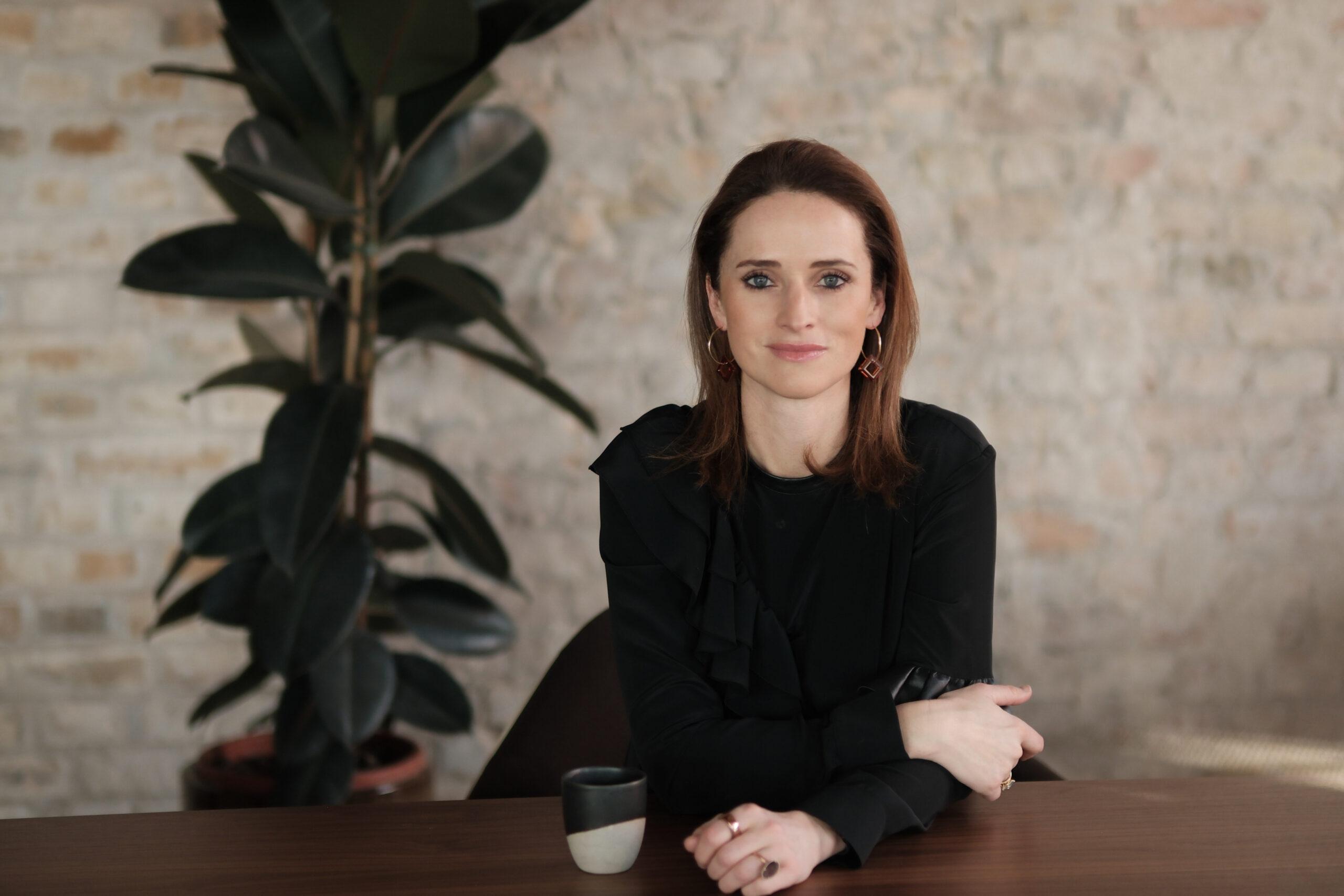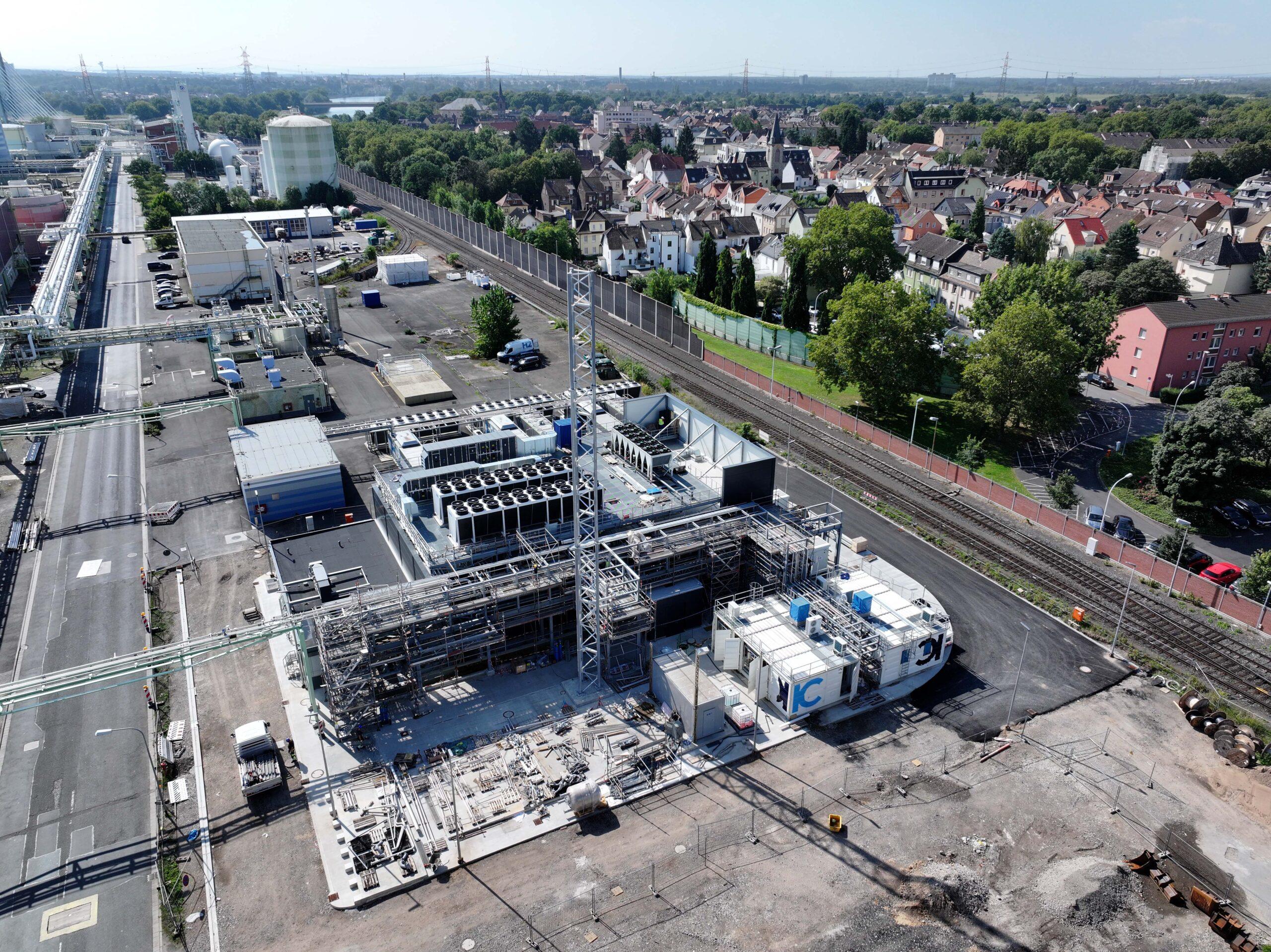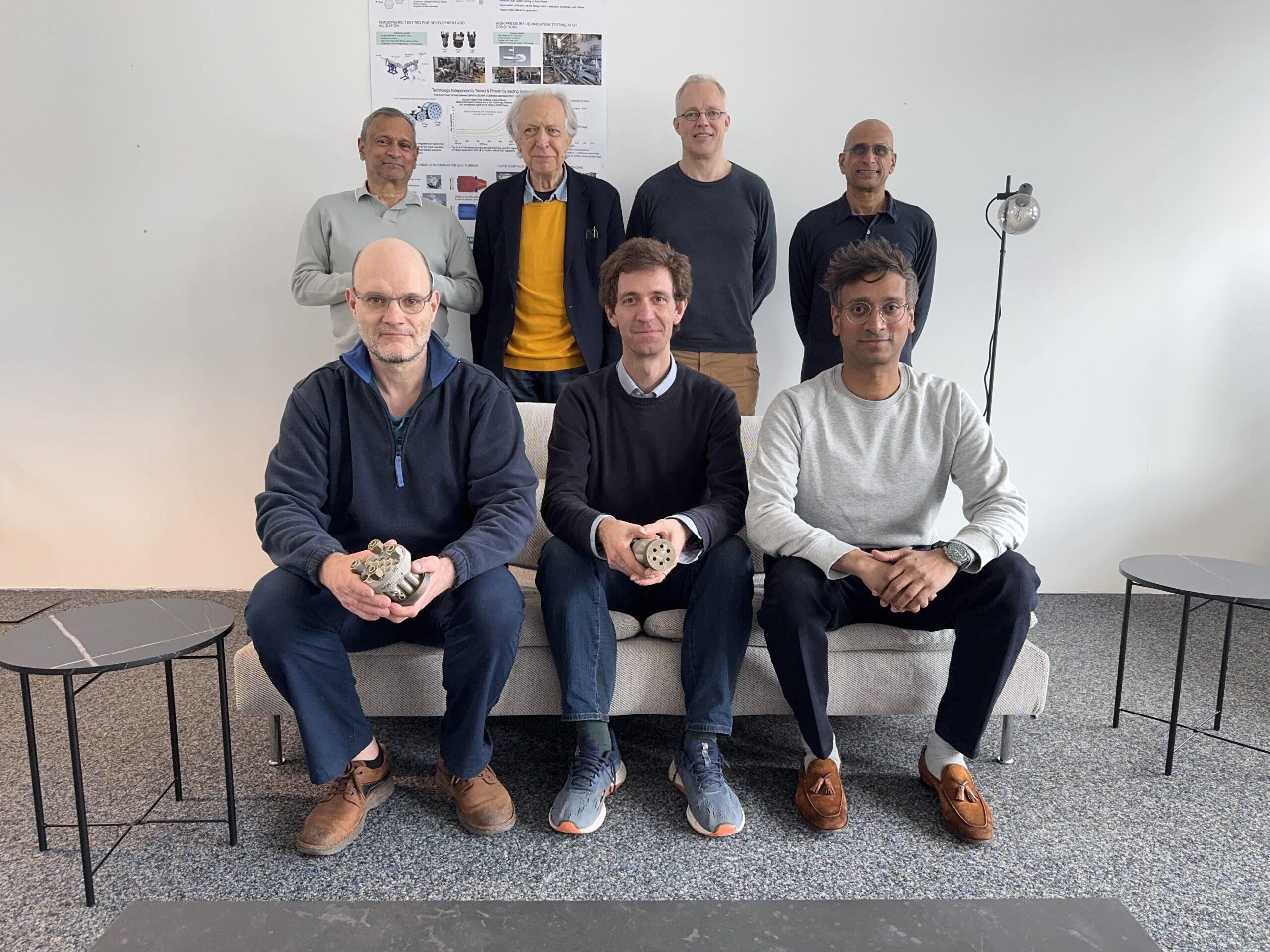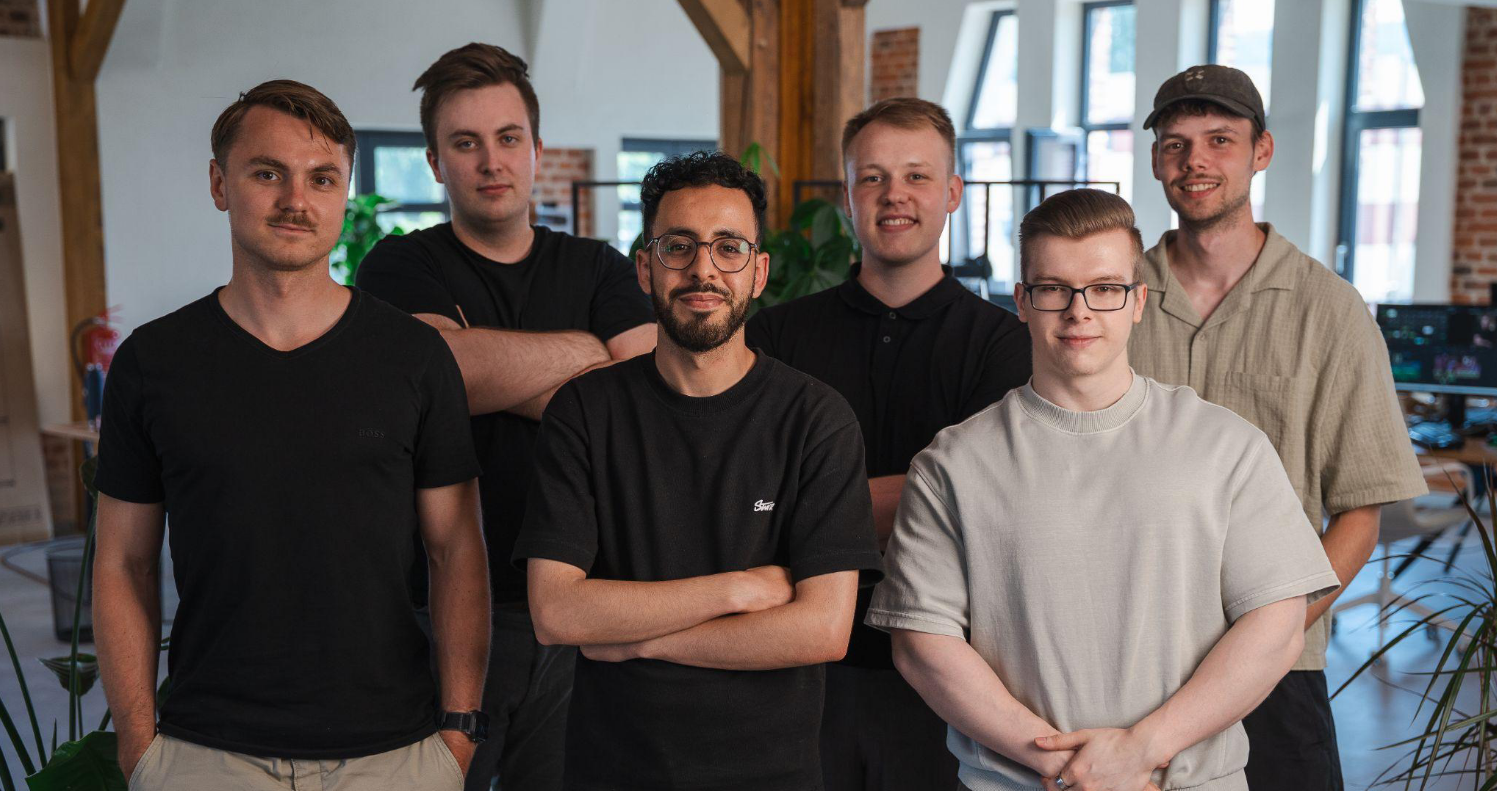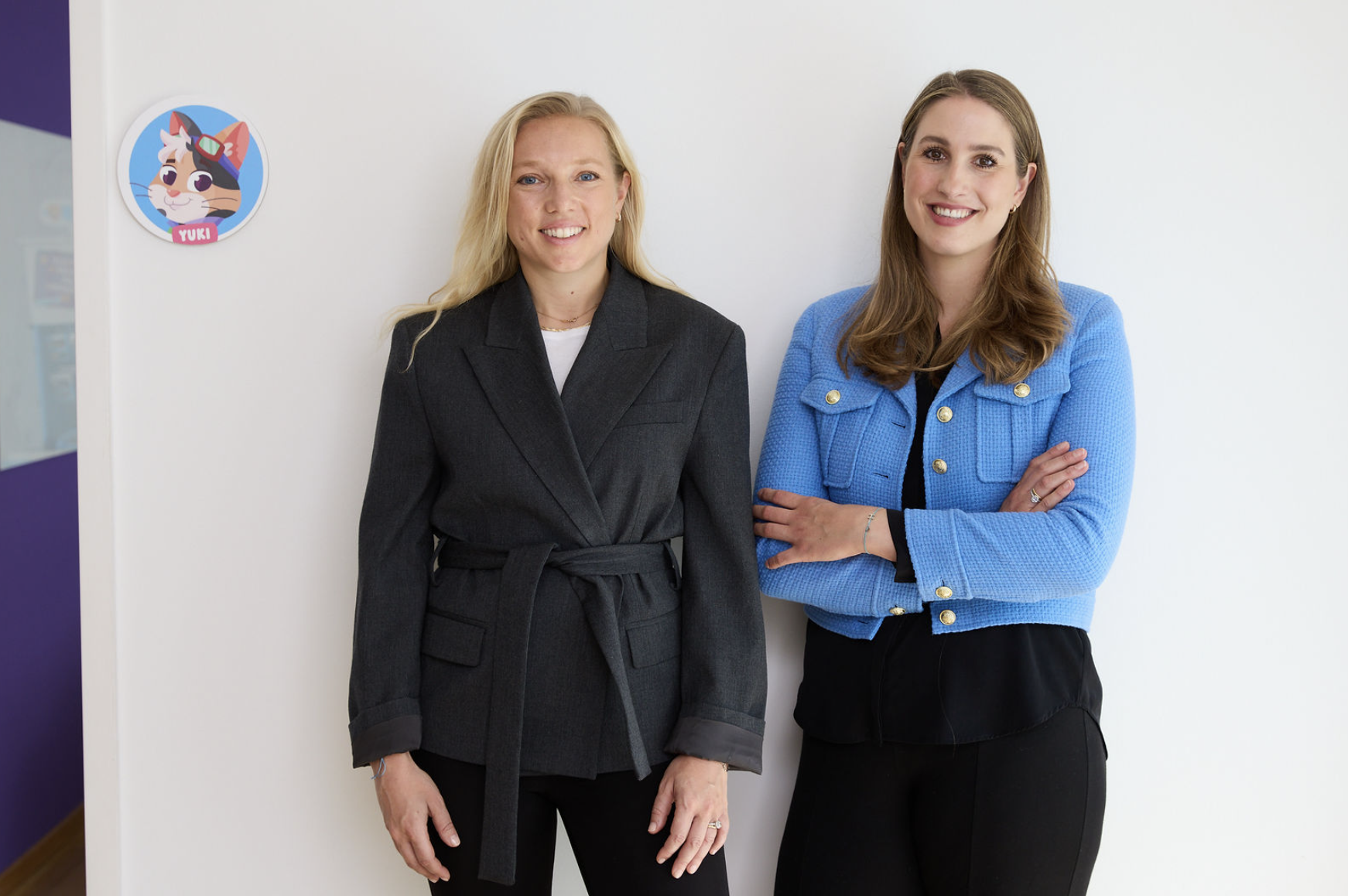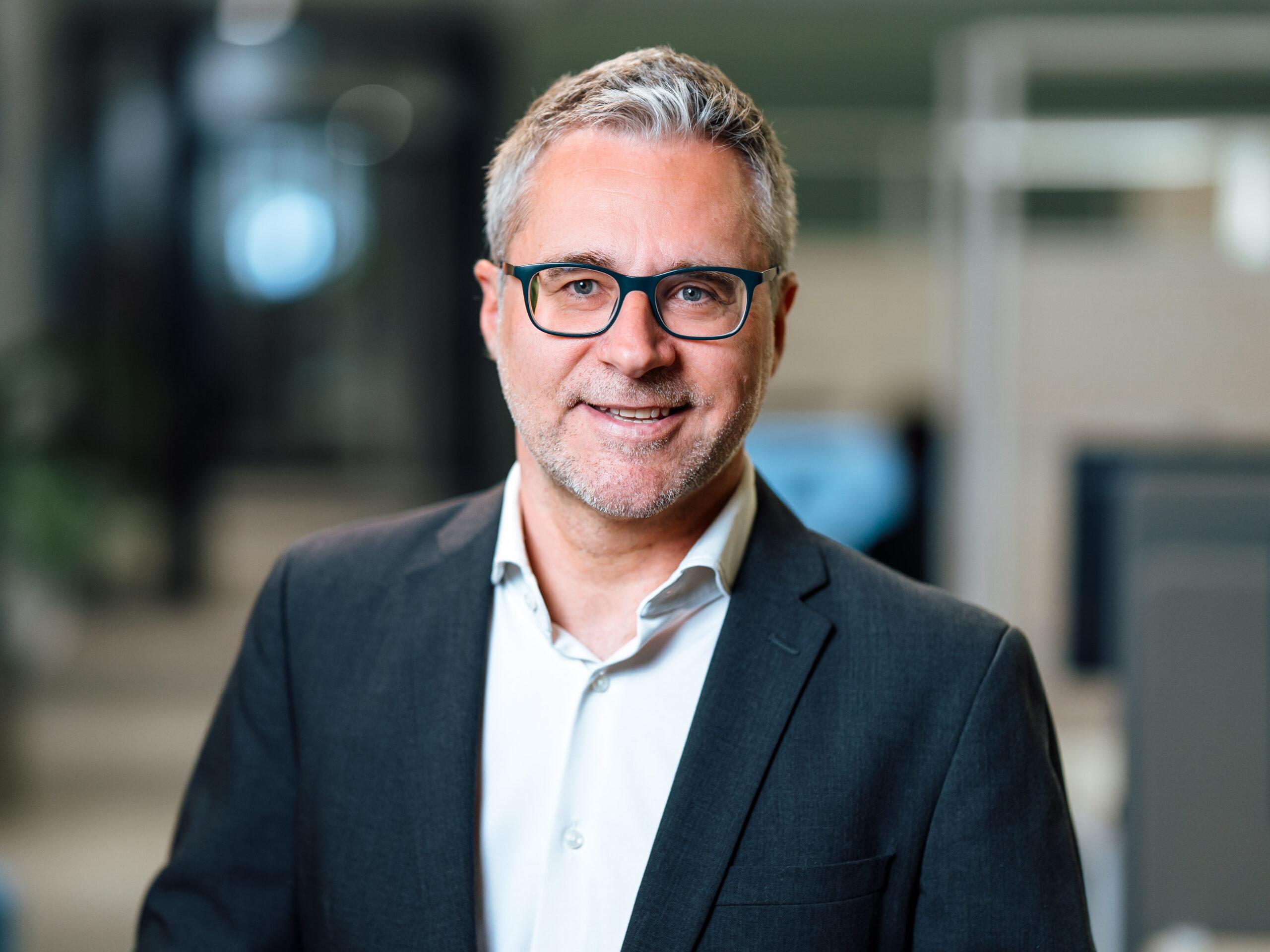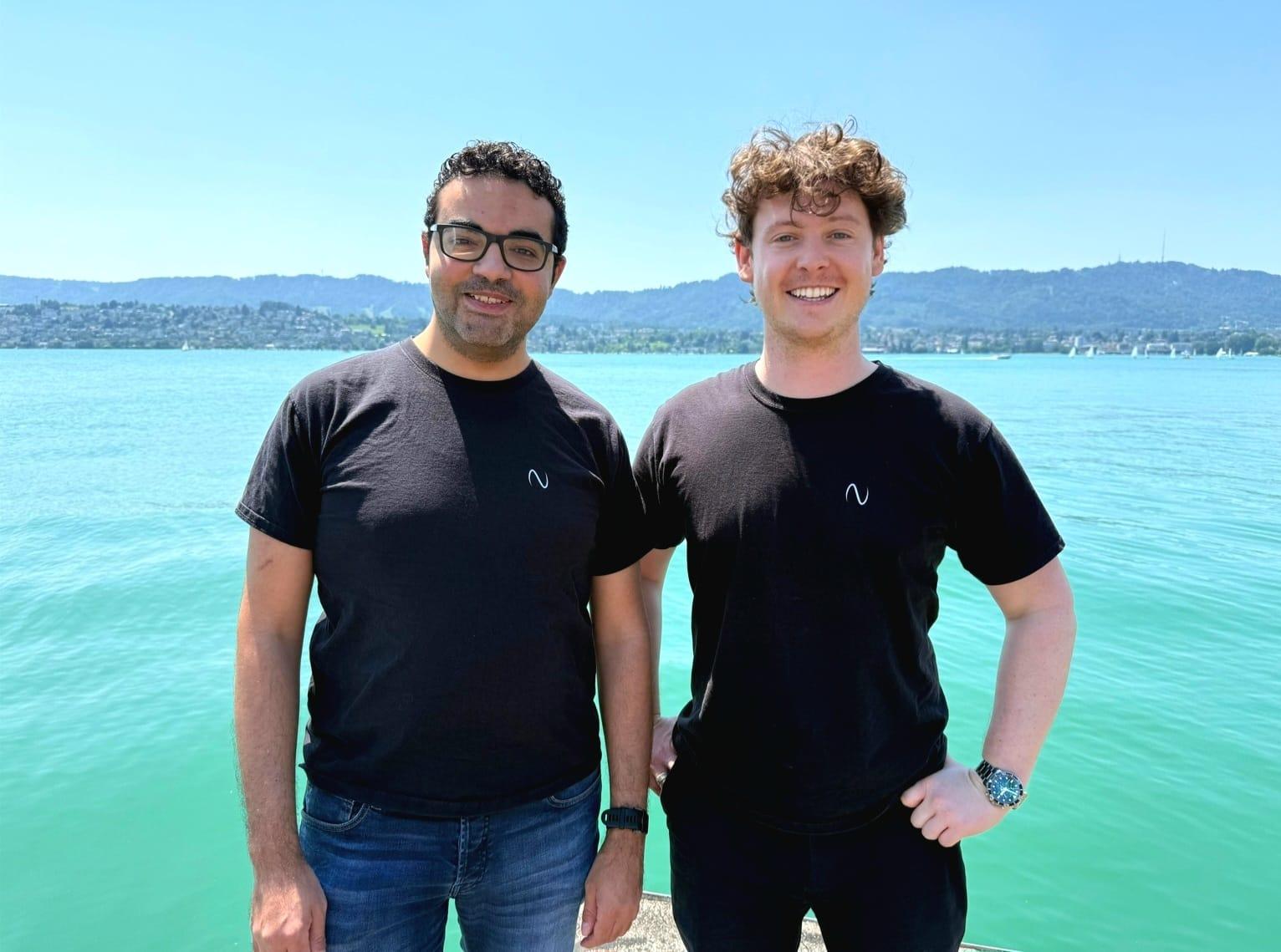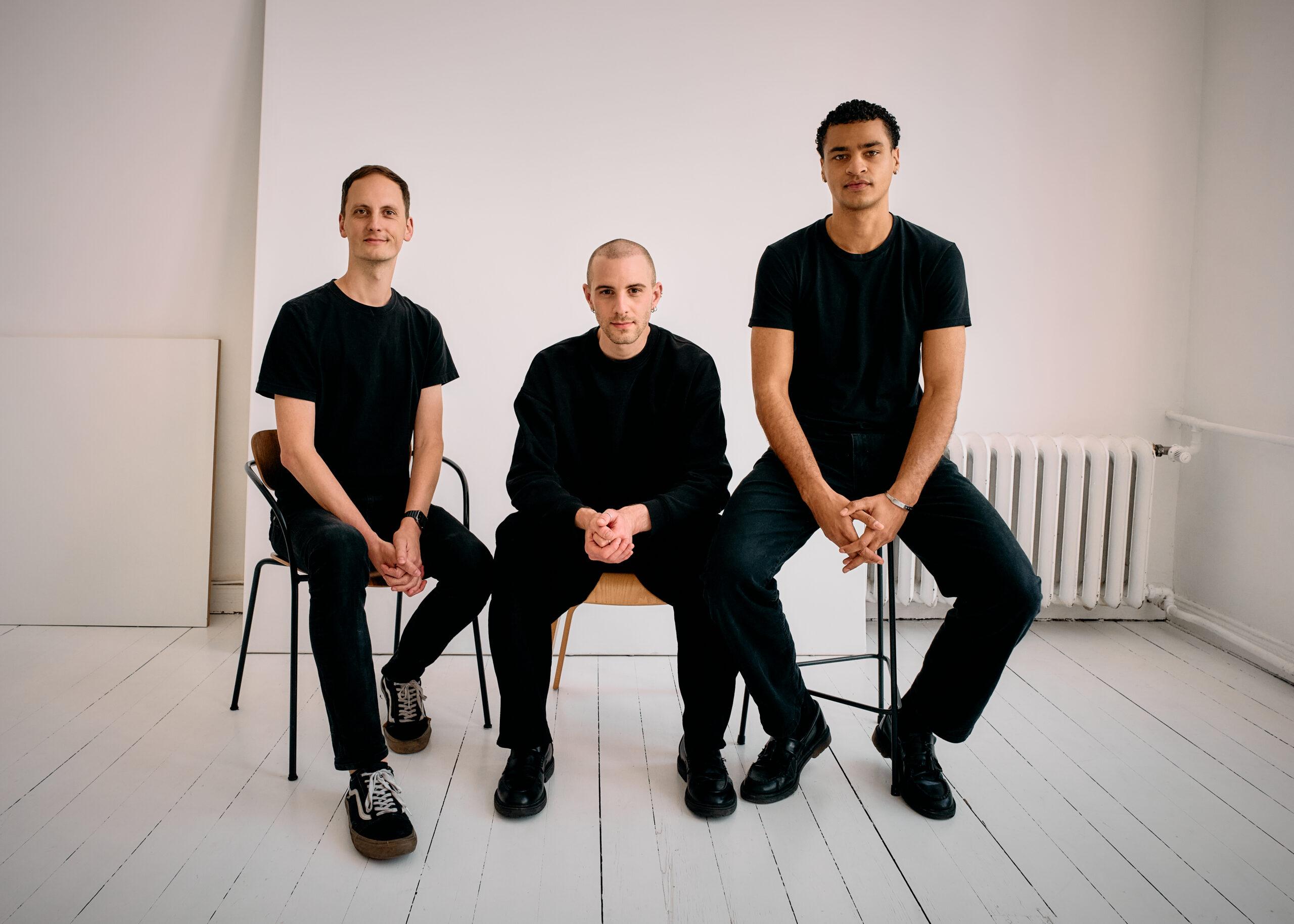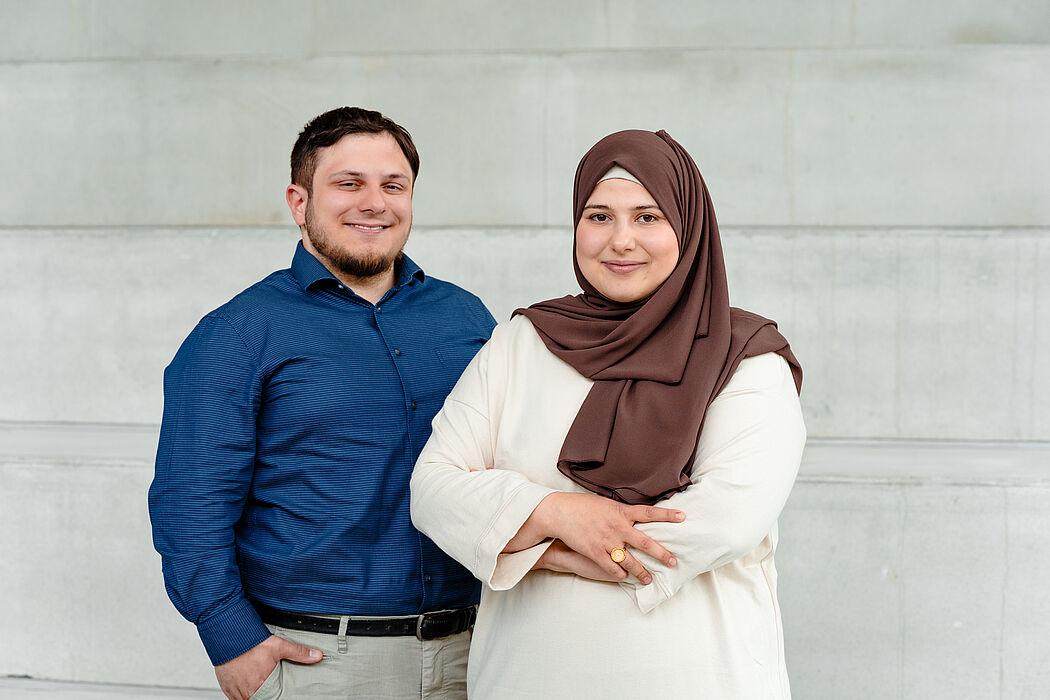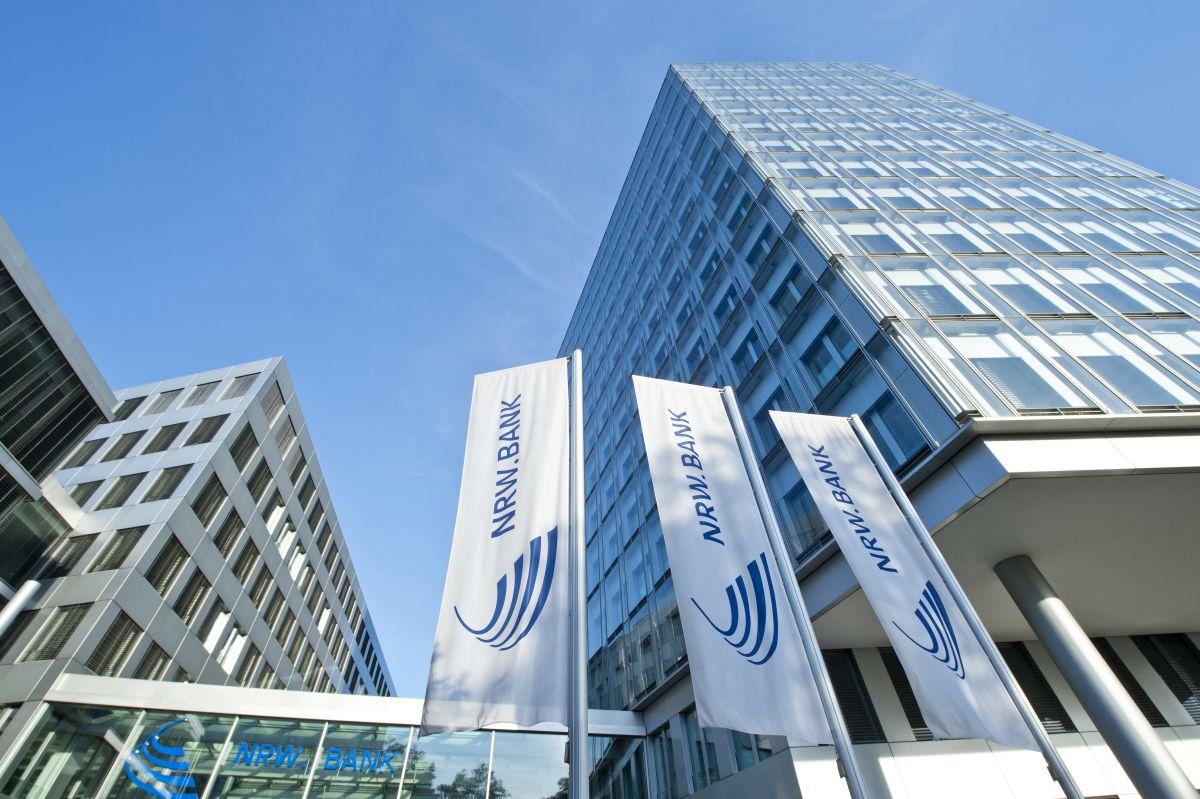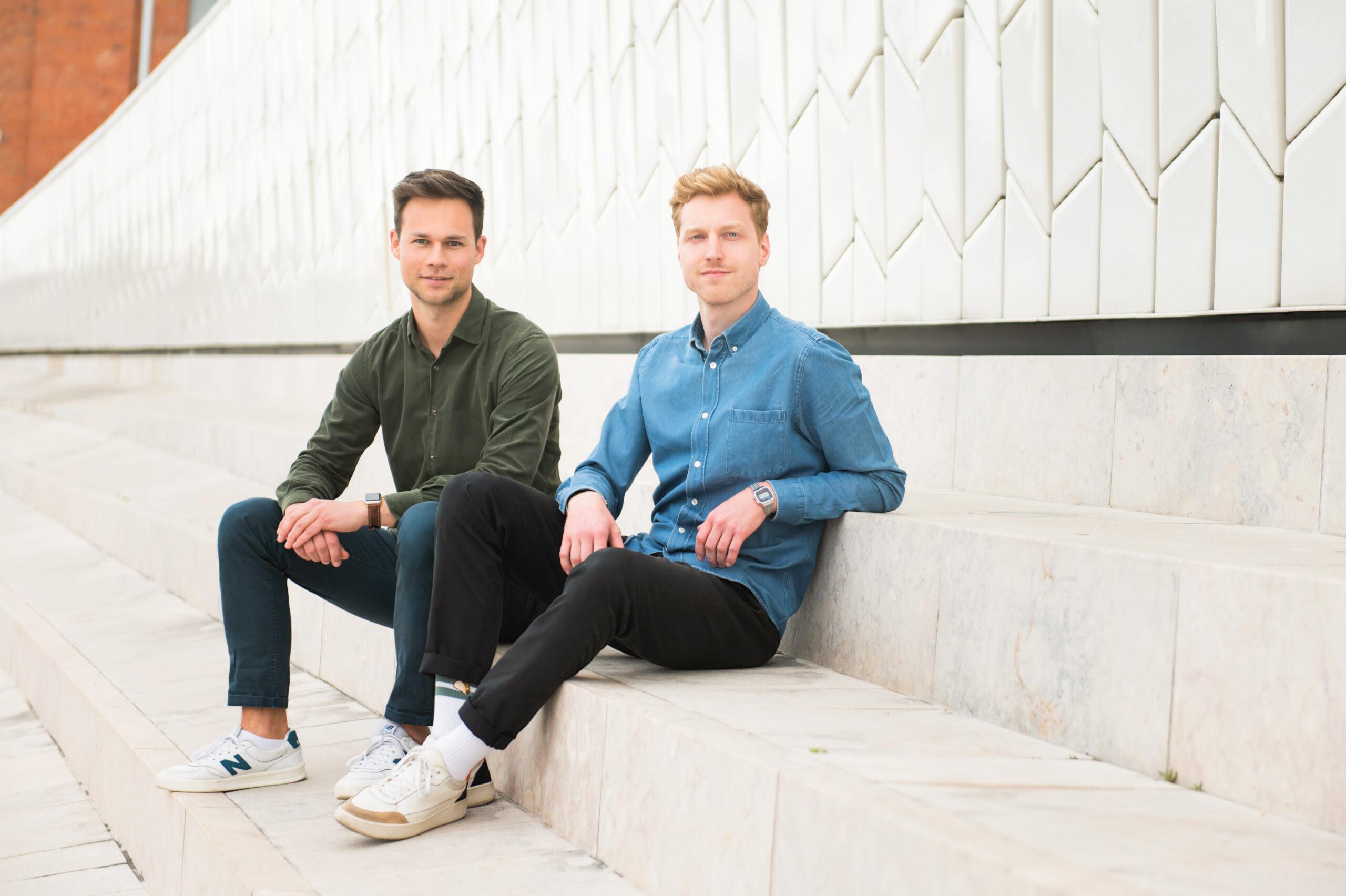Consortium for quantum computers receives 50 million euros in research funding
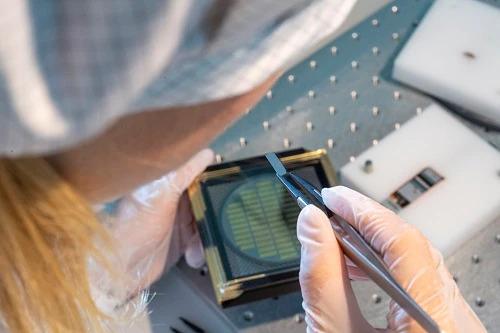
14 German companies, research institutes and universities have joined forces to further develop quantum technology. They have now received funding from the Federal Ministry of Education and Research.
A consortium of 14 German companies, research institutes and universities has received research funding of 50 million euros for the further development of quantum technology. 42 million euros will come from the Federal Ministry of Education and Research, with the consortium partners contributing a further eight million euros to the joint project. The consortium's joint research project, called "PhoQuant", is also hosted by the Federal Ministry of Education and Research.
The consortium wants to use the funding to set up a demonstration and test facility for photonic quantum computer chips. This involves attaching light channels to silicon chips that can be used to control and monitor quanta. The chips can be used in the chemical industry, biomedicine and materials science, for example. The consortium plans to present a first prototype in around two and a half years. The joint project is due to end in five years. By then, a quantum computer chip that can also perform complicated calculations is to be completed. "We are at the beginning of the quantum computer age and the global race for market share in this future technology has begun. The funding now provided for this research alliance is an important building block for a quantum computer made in Germany," says Q.Ant Managing Director Michael Förtsch.
The start-up Q.Ant, founded by the Trumpf Group in 2018, is leading the consortium. HQS Quantum Simulations from Karlsruhe, the spin-off from Stuttgart University Swabian Instruments, TEM Messtechnik from Hanover, FiconTec from Emden and Menlo Systems from Martinsried are also involved in the project. The university partners include the University of Paderborn, the Westfälische Wilhelms-Universität Münster, the Friedrich Schiller University Jena, the University of Ulm, the Humboldt University of Berlin, the Free University of Berlin, the Fraunhofer Institute for Applied Optics and Precision Engineering and the Fraunhofer Institute for Photonic Microsystems.

Newsletter
Startups, stories and stats from the German startup ecosystem straight to your inbox. Subscribe with 2 clicks. Noice.
LinkedIn ConnectFYI: English edition available
Hello my friend, have you been stranded on the German edition of Startbase? At least your browser tells us, that you do not speak German - so maybe you would like to switch to the English edition instead?
FYI: Deutsche Edition verfügbar
Hallo mein Freund, du befindest dich auf der Englischen Edition der Startbase und laut deinem Browser sprichst du eigentlich auch Deutsch. Magst du die Sprache wechseln?





